Nigeria is the largest economy in Africa, attracting interest from foreign investors and fund managers across the globe and the international community is not paying enough attention to the 2019 presidential race, said Mr. Judd Devermont, a former Central Intelligence Agency’s senior political analyst on sub-Saharan Africa.
” What happens in Nigeria matters to the United States and the international community, he said.
” U.S. and international stakeholders need to step up their game. At the minimum, there is a proven playbook to draw on. During the last election in 2015, for instance, U.S. government and other stakeholders feared a repeat of the violence and ballot-rigging that tainted elections in 2003, 2007, and 2011. Secretary Kerry traveled to Nigeria, and President Obama issued a video message calling for free, fair, and peaceful elections. U.S. officials went as far as threatening visa bans. These efforts contributed to the first democratic transition between one party to another in Nigerian history, Devermont said in a commentary published by the U.S Center for Strategic and International Studies (CSIS), obtained by Per Second News.
Continuing, Devermont who is currently the director of the Africa Program at the Center for Strategic and International Studies in Washington, D.C.said that the international community should replicate these measures, as well as employ new tactics and broaden its engagements.
” Nigeria’s last election, after all, was historic not only because an incumbent was defeated. It was a breakthrough because citizens insisted their votes should count. In a world where democracy is in recession, Nigerian commitment to democratic values makes this an election worth paying attention to, he said.
” Nigeria’s democracy and its overall trajectory is far from secure. Indeed, recent gubernatorial elections underscore Nigeria’s fragility as a democracy. The U.S. Institute of Peace has identified several states susceptible to election violence, including in the oil-rich Niger Delta. Nigeria’s political parties are exhibiting alarming, antidemocratic behavior. For instance, during the Ekiti gubernatorial election in July, party operatives engaged in blatant vote-buying, which the U.K. high commissioner condemned as “just as bad as ballot stuffing.”
” During the Osun gubernatorial election in September, the ruling party deployed 40,000 police to the polls, a maneuver widely viewed as disproportionate and designed to harass opposition voters, Devermont alleged.
” It is impossible to advance U.S. strategic objectives in sub-Saharan Africa without a peaceful, prosperous, and democratic Nigeria. Nigeria is on track to reach a population of 411 million by 2050, surpassing the United States by 20 million people.”
” However, if Nigeria fails to reform and address its considerable challenges, it will pose a threat to regional and global security. It has the potential to drag down the rest of West Africa, overwhelming smaller neighbors with refugees and repatriated migrants.
Judd Devermont is the director of the Africa Program at the Center for Strategic and International Studies in Washington, D.C.
Mr. Devermont spent two years abroad working at the U.S. Embassy in Abuja, Nigeria from 2008 to 2010. He also has lived in South Africa and Cote d’Ivoire.
From 2013 to 2015, he was the Central Intelligence Agency’s senior political analyst on sub-Saharan Africa. Mr. Devermont also served as the National Security Council’s director for Somalia, Nigeria, the Sahel, and the African Union from 2011 to 2013.
He is a lecturer at George Washington University’s Elliot School of International Affairs where he co-teaches a class on U.S. intelligence analysis on sub-Saharan Africa.












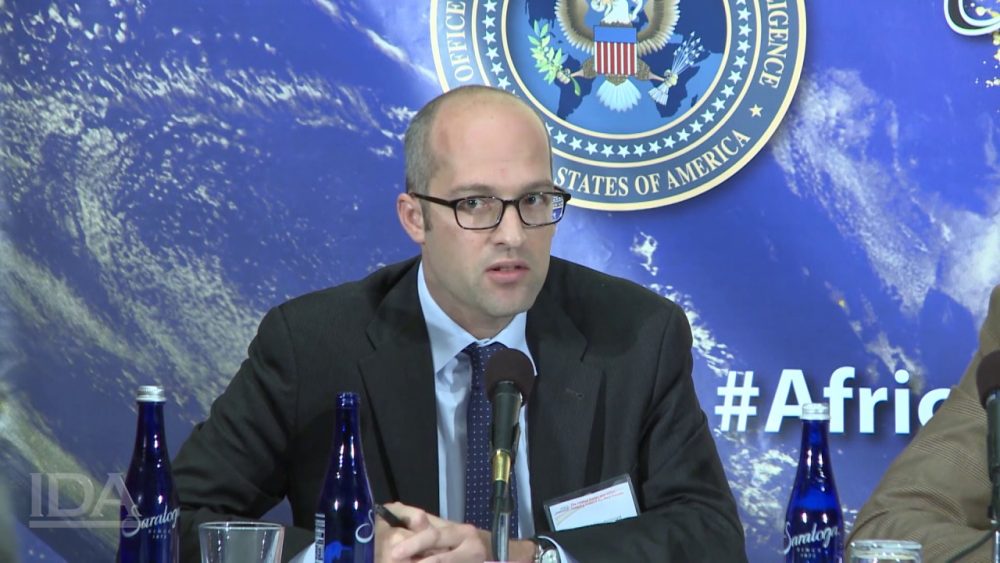
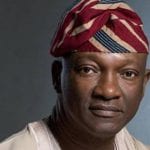
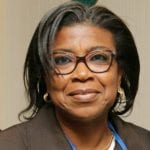







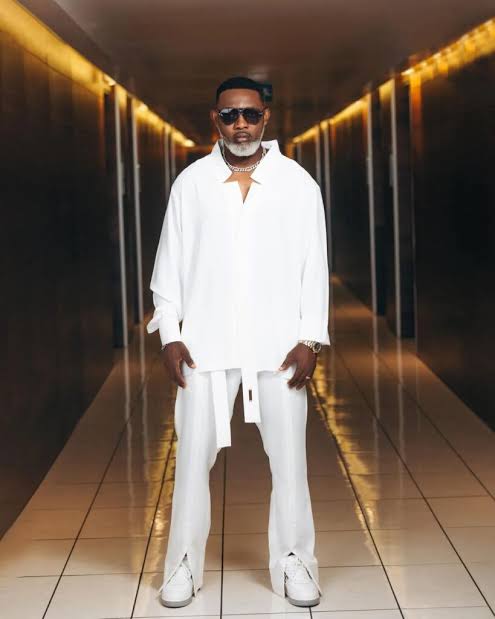
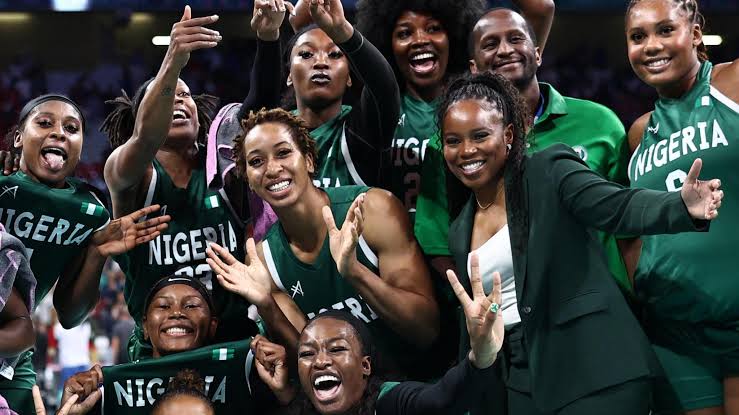
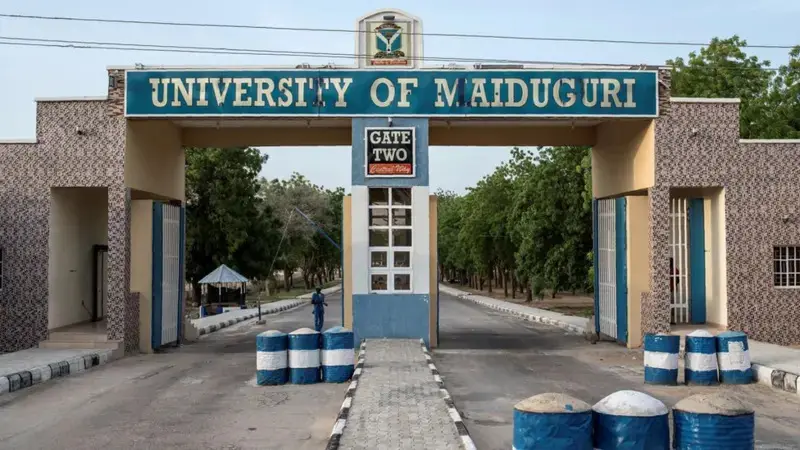

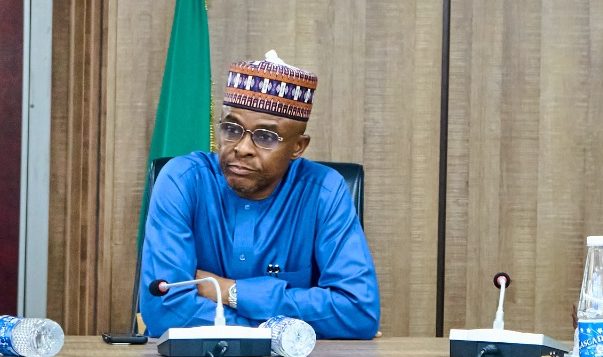
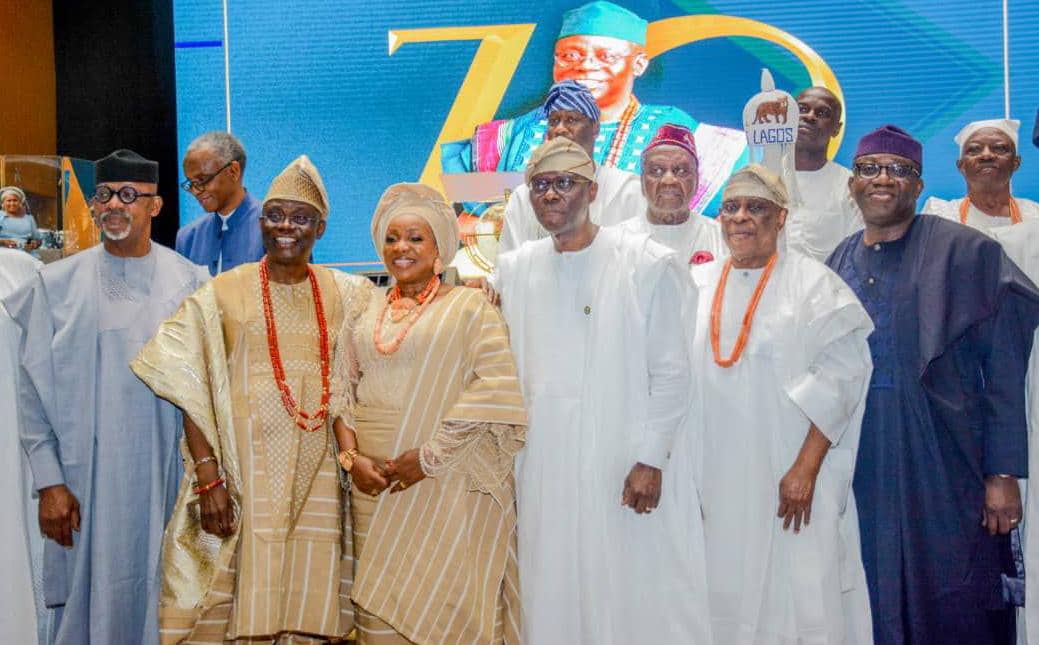
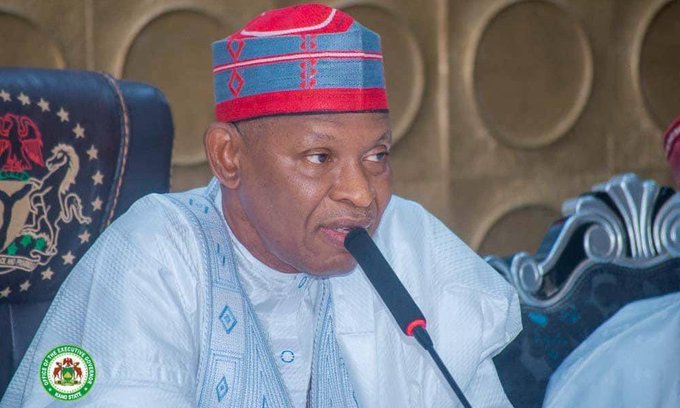
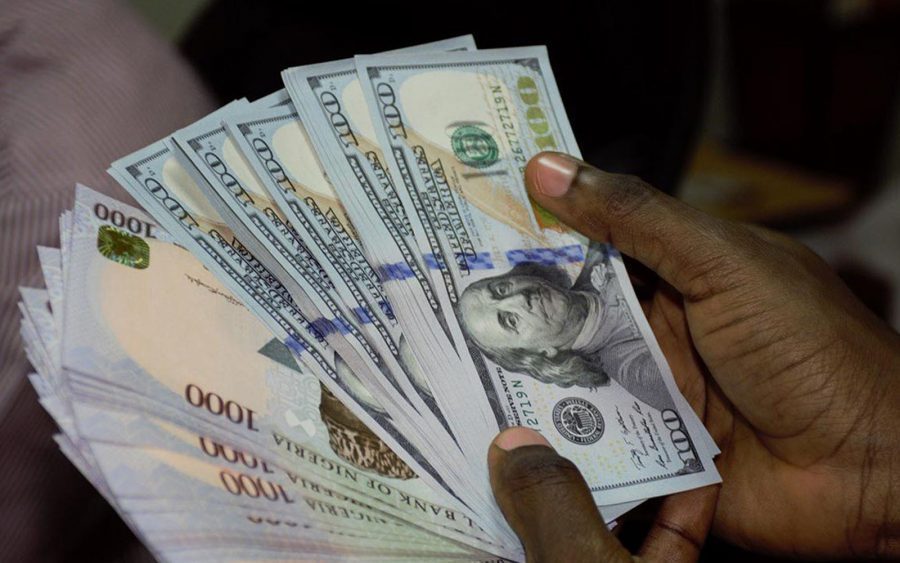
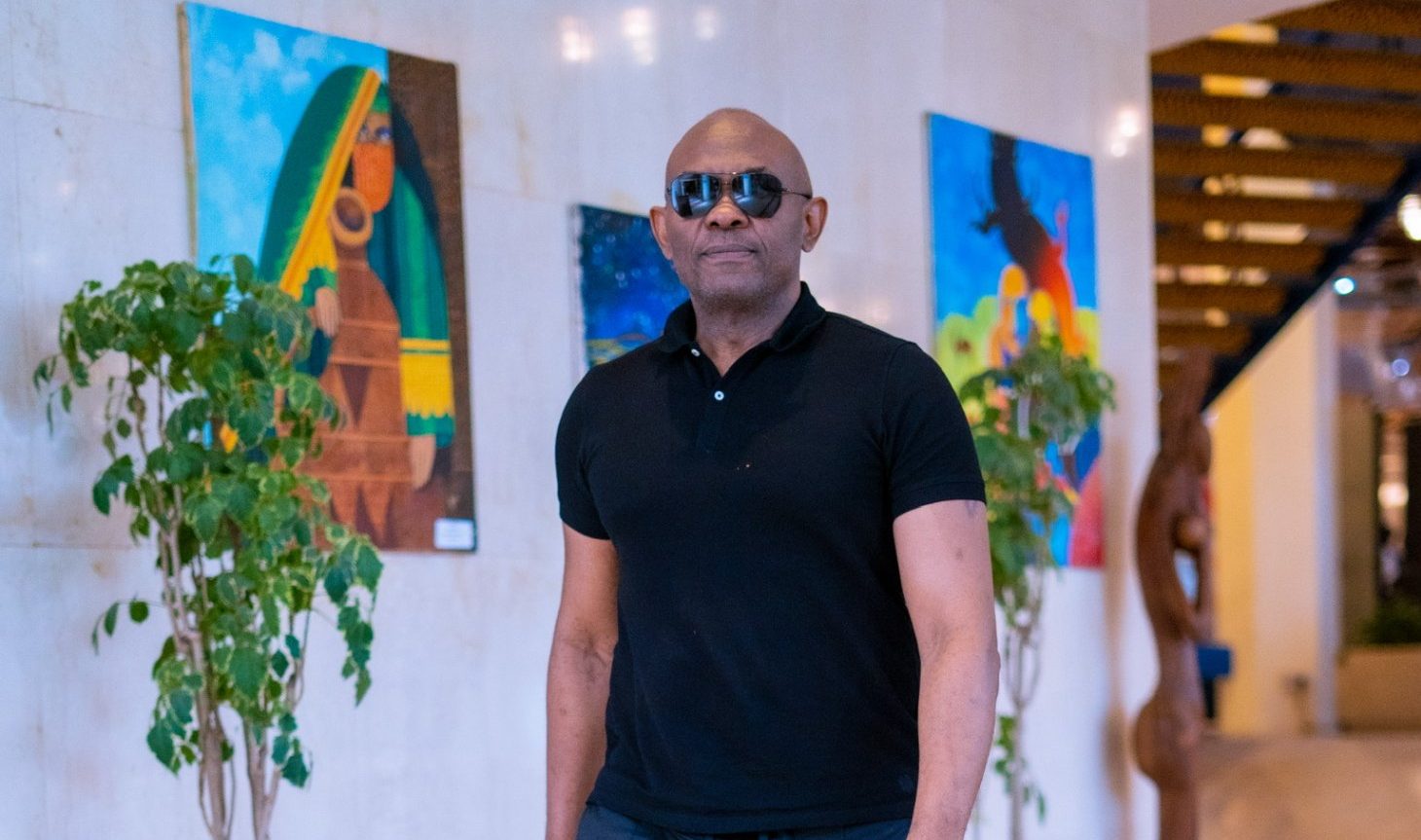

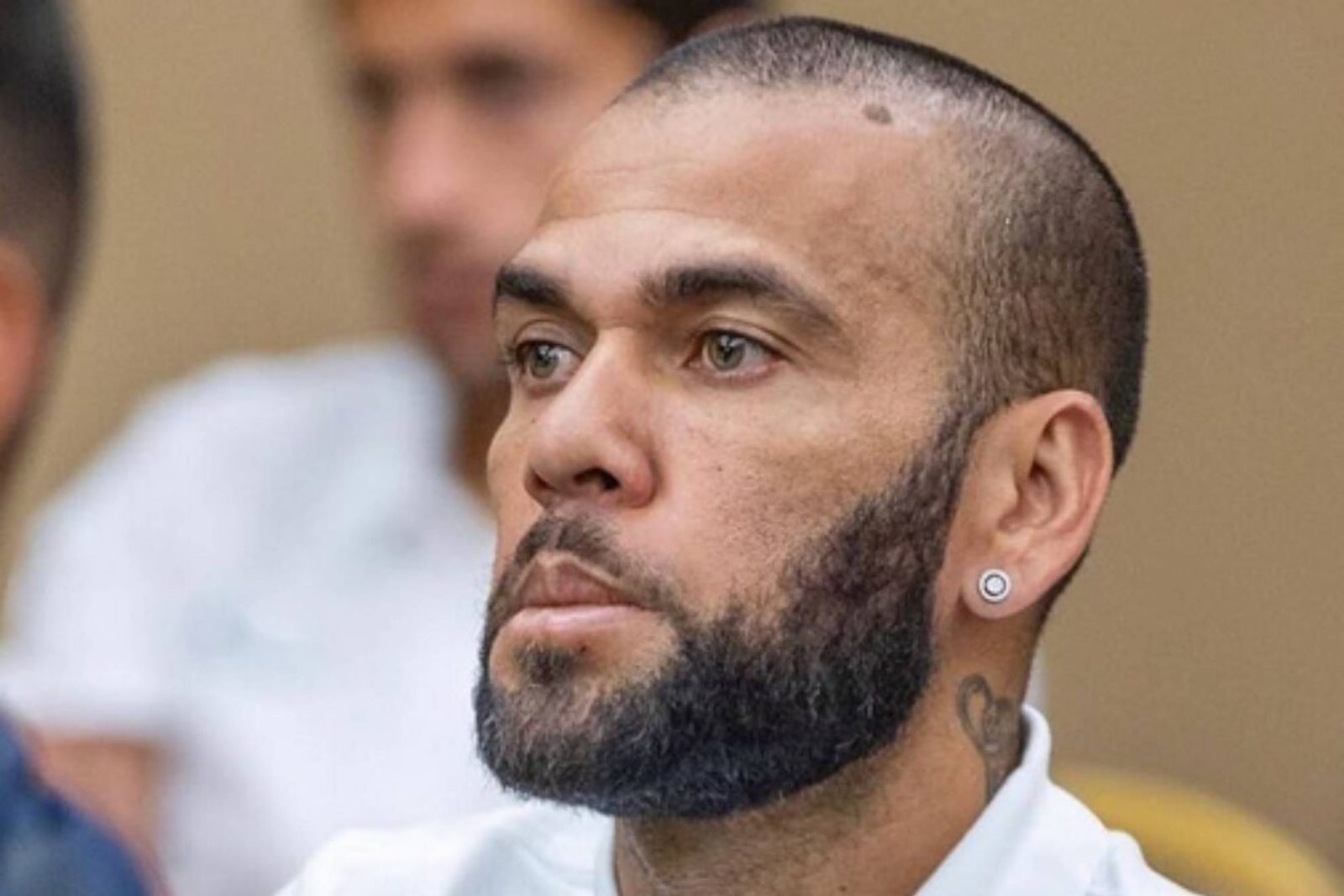


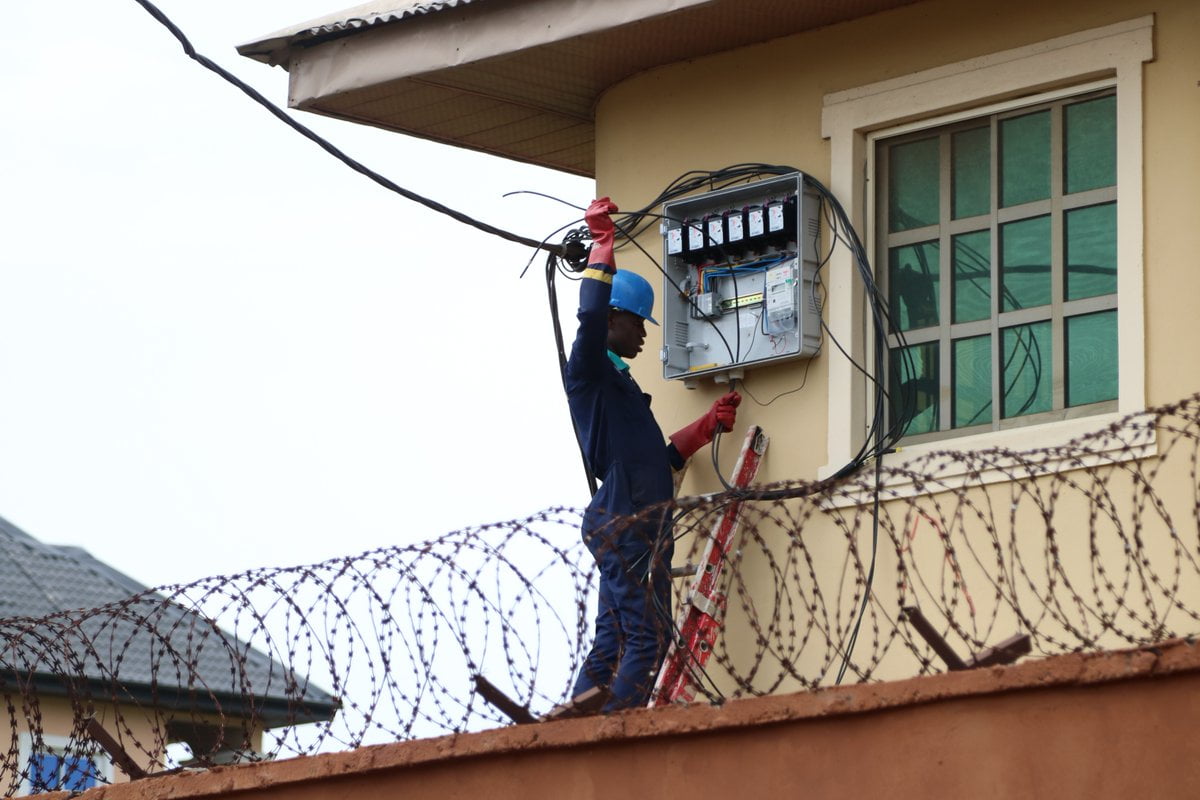
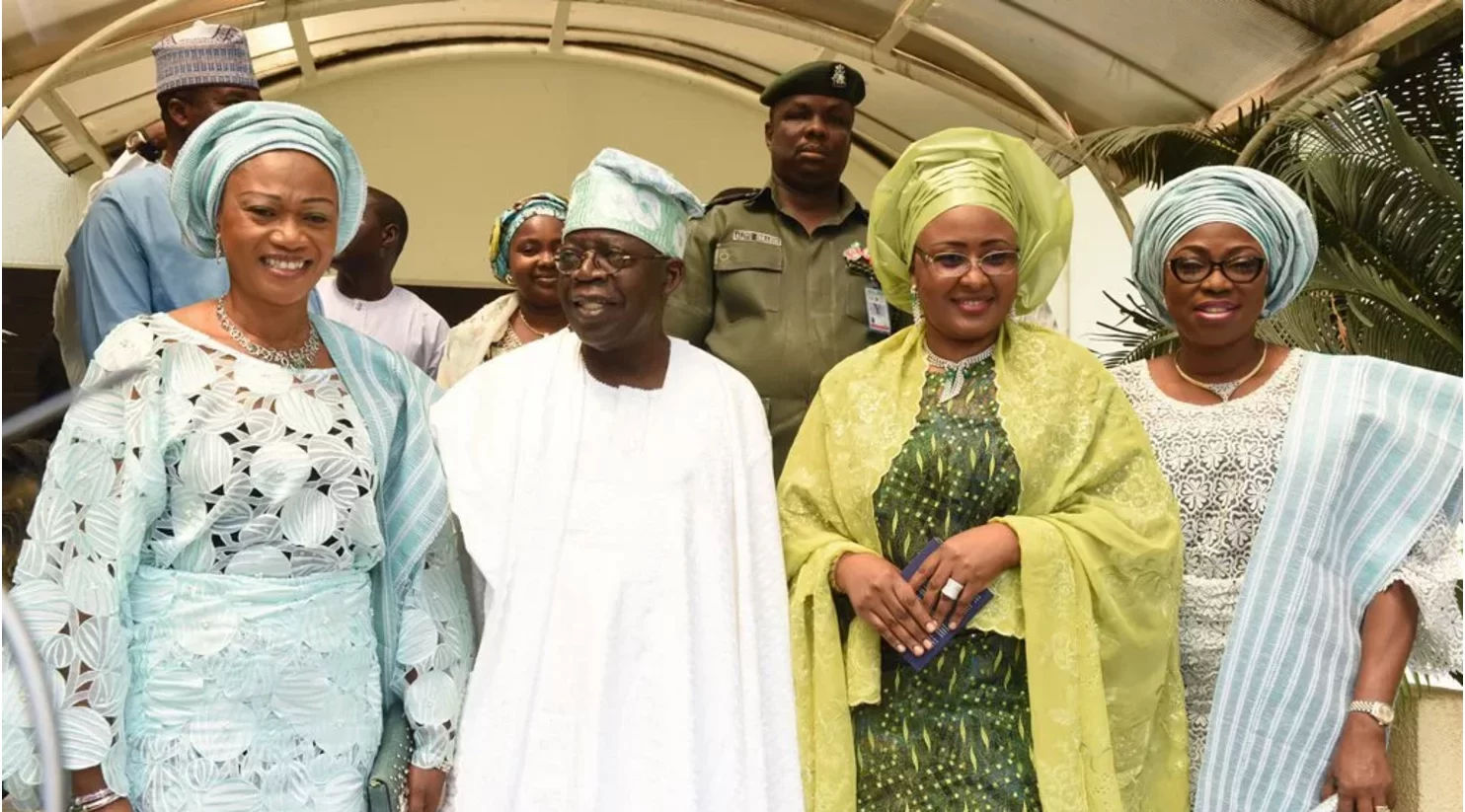

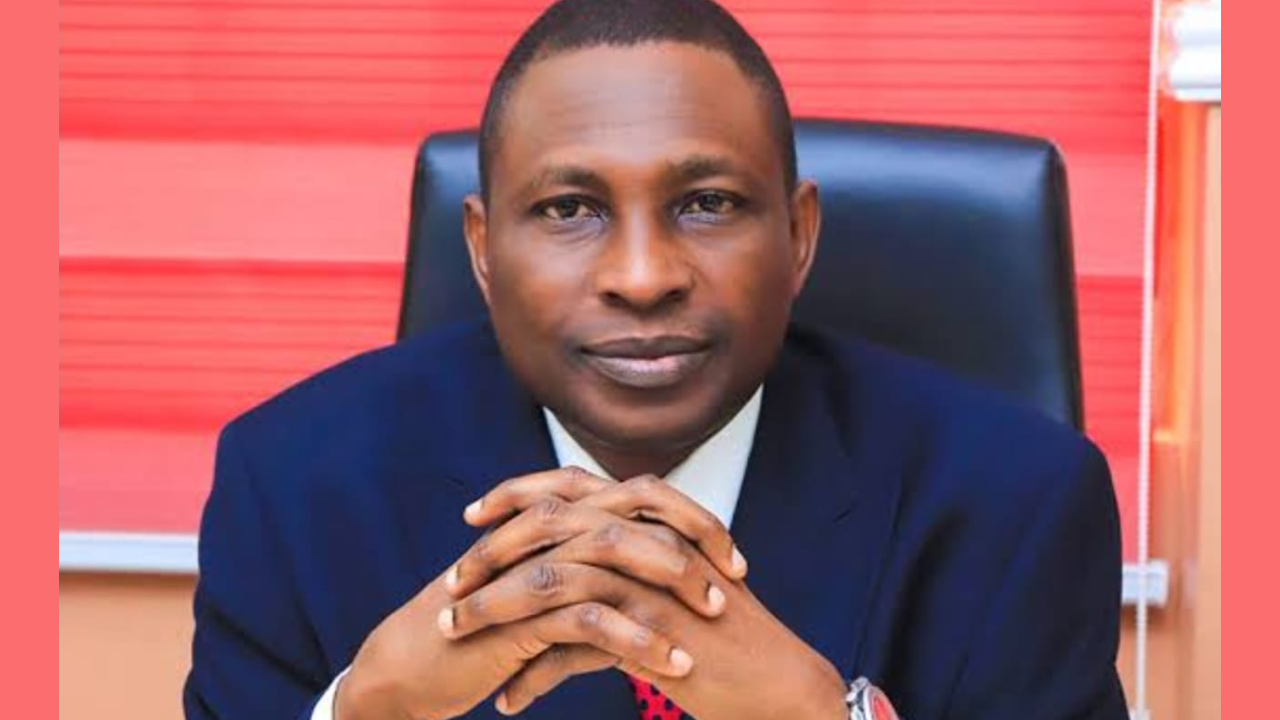
Leave a comment